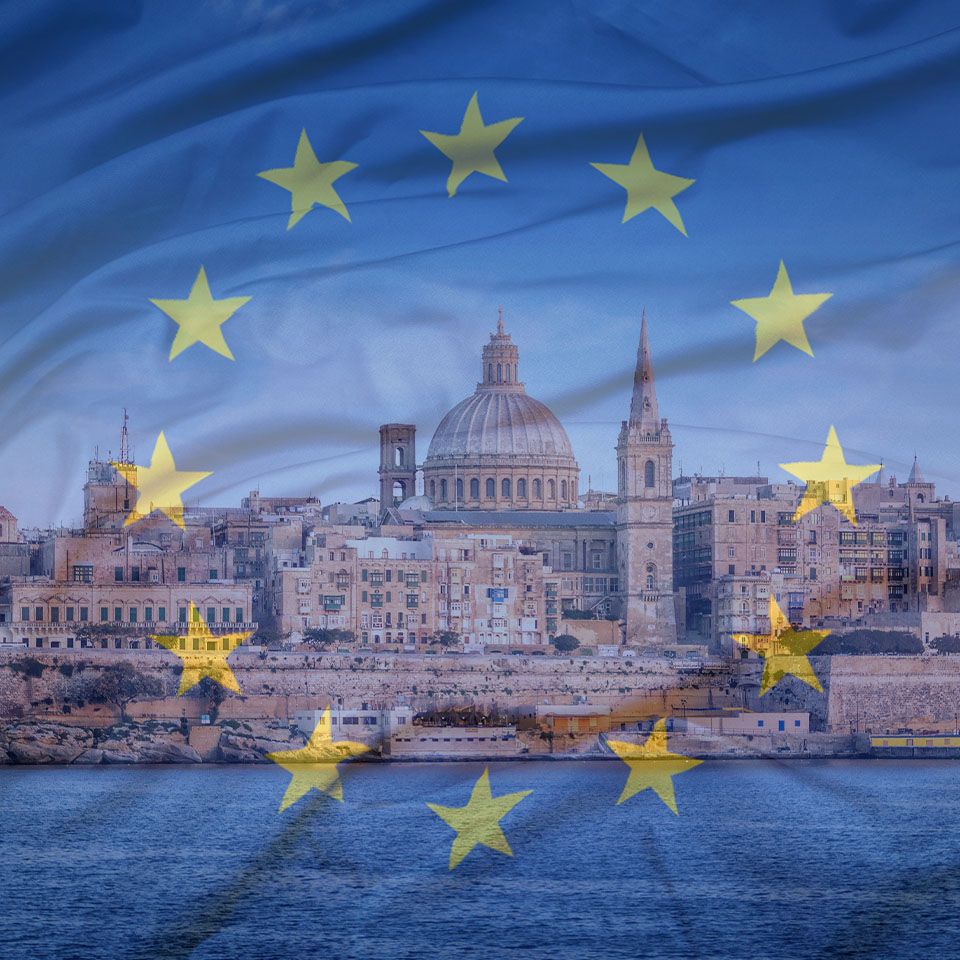European Citizenship and Residency in 2026: Investment, Merit, Ancestry, Long-term Residence Options & the Principle of 'Contributive Belonging'
This Thought Leadership publication explores the shifting landscape of citizenship and residency in Europe, offering a strategic 2026 perspective for HNW and UHNW families. Country-specific updates highlight the spectrum of remaining options, some reformed: golden (temporary) visas, true Permanent Residence permits, Citizenship-by-Investment, Ancestry-based Citizenship, and Merit-driven recognition. We examine the impact of EU and national reforms, geopolitical pressures reshaping mobility rights, and the re-framing of citizenship and residency as alternative long-term asset classes in family wealth strategies.
Strategic analysis explains what these developments mean for investors, entrepreneurs, and families in practice, and why host states - and the European Union - now expect a level of demonstrable belonging and contributions that tangibly benefit their economies and communities, a principle of 'Contributive Belonging' coined by the author in response to this industry evolution.
This publication provides actionable insights for families, investors, and advisors navigating a complex and evolving legal and policy environment.
Copyright © 2025 Chetcuti Cauchi. This document is for informational purposes only and does not constitute legal advice. Professional legal advice should be obtained before taking any action based on the contents of this document. Chetcuti Cauchi disclaims any liability for actions taken based on the information provided. Reproduction of reasonable portions of the content is permitted for non-commercial purposes, provided proper attribution is given and the content is not altered or presented in a false light.




















